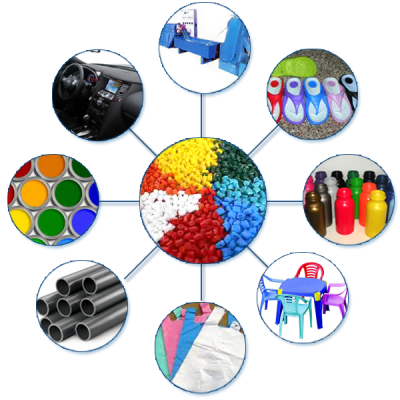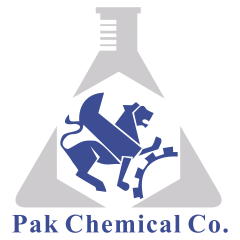Masterbatch Applications
A concentrated mixture of pigments or additives is encapsulated into a carrier resin, which is then cooled and cut into a granular shape. Manufacturers use these granules in various processes to impart color, enhance performance, and improve the properties of plastics. Subsequently, Masterbatch has seen a dramatic rise in usage across multiple sectors. From consumer goods to aerospace, this surge can be attributed to its effectiveness, cost-efficiency, and versatility.
Owing to its diverse range of applications, this article aims to provide a comprehensive overview of the different ways in which masterbatch is utilized. Whether you are a business owner, an engineer, or simply someone curious about the material’s myriad uses, you will undoubtedly find this information to be invaluable.

Plastics Industry (Masterbatch Applications)
Coloring
- Injection Molding:. Masterbatch is used extensively in the injection molding process to produce colored plastic parts for a variety of industries such as automotive, electronics, and consumer goods.
- Blow Molding:. In the creation of bottles or containers, masterbatch helps in consistent coloring and can also provide UV stabilization.
- Extrusion:. Whether it’s pipes, cables, or films, extrusion processes often use masterbatch to achieve specific shades and hues.
- Rotational Molding:. Used for creating large hollow objects like tanks and playground equipment, masterbatch ensures uniform color distribution.
Additives
- Flame Retardants:. Masterbatch can contain flame-retardant properties to meet fire safety regulations, particularly essential in electronics and automotive sectors.
- Anti-static Agents:. For applications that require low-static materials, anti-static masterbatch options are available.
- UV Stabilizers:. For outdoor applications, UV-stable masterbatch ensures that the products don’t fade or degrade easily under sun exposure.
Textile Industry (Masterbatch Applications)
Synthetic Fibers
- Polyester:.Manufacturers use these granules to create colored polyester fibers, which find extensive use in apparel, upholstery, and home furnishings.
- Nylon:. Masterbatch additives help in producing strong and durable colored nylon fibers for applications like ropes, nets, and carpets.
Non-woven Fabrics
Used to impart color and other properties like UV resistance and anti-static qualities to non-woven fabrics used in hygiene products, medical supplies, and filters.
Automotive Industry
- Interior Components:. From dashboard elements to seat covers, masterbatch plays a critical role in automotive interiors.
- Exterior Components:. Masterbatch additives help create scratch-resistant, UV-stable exterior parts like bumpers and mirror casings.
- Under-the-Hood Components:. Specialized masterbatch variants can withstand high temperatures and harsh conditions, making them ideal for engine components.
Food and Beverage Packaging (Masterbatch Applications)
- Barrier Properties:. Masterbatch can improve the barrier properties of packaging materials, making them more resistant to moisture, light, and oxygen, thereby extending shelf-life.
- Compliance:. Food-grade masterbatch ensures that packaging meets safety and health standards.
Medical Sector
- Medical Devices:. Masterbatch additives can provide antimicrobial properties, making them crucial in the development of hygienic medical devices like catheters and surgical instruments.
- Pharmaceutical Packaging:. Specialized masterbatch can improve the barrier properties of pharmaceutical packaging, offering greater protection against contamination.
Specialized Industries
Aerospace
Used to produce high-performance plastics that can withstand extreme temperatures and pressures, making them ideal for aerospace applications.
Electronics
From cables to casings, masterbatch additives can make electronic components flame retardant and anti-static.
Conclusion (Masterbatch Applications)
Masterbatch’s versatility extends across an enormous array of industries and applications, contributing not just color but also specialized qualities that enhance the performance, safety, and durability of the end products. As advancements in masterbatch technology continue, its applications are set to become even more diversified, making it an indispensable material in modern manufacturing.
Understanding the specific applications of masterbatch in your industry can not only improve the quality of your products but also optimize your production processes. Whether you’re in plastics, textiles, automotive, or any other sector, the chances are high that masterbatch can, and probably already does, play a crucial role in your operations.
